Feiyang Li
Enhancing Cloud Network Resilience via a Robust LLM-Empowered Multi-Agent Reinforcement Learning Framework
Jan 12, 2026Abstract:While virtualization and resource pooling empower cloud networks with structural flexibility and elastic scalability, they inevitably expand the attack surface and challenge cyber resilience. Reinforcement Learning (RL)-based defense strategies have been developed to optimize resource deployment and isolation policies under adversarial conditions, aiming to enhance system resilience by maintaining and restoring network availability. However, existing approaches lack robustness as they require retraining to adapt to dynamic changes in network structure, node scale, attack strategies, and attack intensity. Furthermore, the lack of Human-in-the-Loop (HITL) support limits interpretability and flexibility. To address these limitations, we propose CyberOps-Bots, a hierarchical multi-agent reinforcement learning framework empowered by Large Language Models (LLMs). Inspired by MITRE ATT&CK's Tactics-Techniques model, CyberOps-Bots features a two-layer architecture: (1) An upper-level LLM agent with four modules--ReAct planning, IPDRR-based perception, long-short term memory, and action/tool integration--performs global awareness, human intent recognition, and tactical planning; (2) Lower-level RL agents, developed via heterogeneous separated pre-training, execute atomic defense actions within localized network regions. This synergy preserves LLM adaptability and interpretability while ensuring reliable RL execution. Experiments on real cloud datasets show that, compared to state-of-the-art algorithms, CyberOps-Bots maintains network availability 68.5% higher and achieves a 34.7% jumpstart performance gain when shifting the scenarios without retraining. To our knowledge, this is the first study to establish a robust LLM-RL framework with HITL support for cloud defense. We will release our framework to the community, facilitating the advancement of robust and autonomous defense in cloud networks.
CoT-RAG: Integrating Chain of Thought and Retrieval-Augmented Generation to Enhance Reasoning in Large Language Models
Apr 18, 2025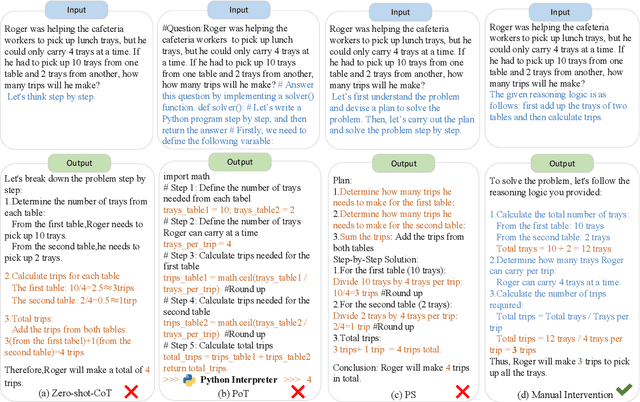

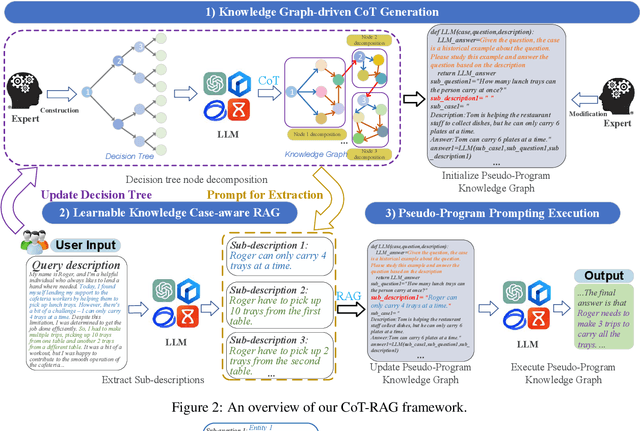

Abstract:While chain-of-thought (CoT) reasoning improves the performance of large language models (LLMs) in complex tasks, it still has two main challenges: the low reliability of relying solely on LLMs to generate reasoning chains and the interference of natural language reasoning chains on the inference logic of LLMs. To address these issues, we propose CoT-RAG, a novel reasoning framework with three key designs: (i) Knowledge Graph-driven CoT Generation, featuring knowledge graphs to modulate reasoning chain generation of LLMs, thereby enhancing reasoning credibility; (ii) Learnable Knowledge Case-aware RAG, which incorporates retrieval-augmented generation (RAG) into knowledge graphs to retrieve relevant sub-cases and sub-descriptions, providing LLMs with learnable information; (iii) Pseudo-Program Prompting Execution, which encourages LLMs to execute reasoning tasks in pseudo-programs with greater logical rigor. We conduct a comprehensive evaluation on nine public datasets, covering three reasoning problems. Compared with the-state-of-the-art methods, CoT-RAG exhibits a significant accuracy improvement, ranging from 4.0% to 23.0%. Furthermore, testing on four domain-specific datasets, CoT-RAG shows remarkable accuracy and efficient execution, highlighting its strong practical applicability and scalability.
Exploring the Role of Knowledge Graph-Based RAG in Japanese Medical Question Answering with Small-Scale LLMs
Apr 16, 2025Abstract:Large language models (LLMs) perform well in medical QA, but their effectiveness in Japanese contexts is limited due to privacy constraints that prevent the use of commercial models like GPT-4 in clinical settings. As a result, recent efforts focus on instruction-tuning open-source LLMs, though the potential of combining them with retrieval-augmented generation (RAG) remains underexplored. To bridge this gap, we are the first to explore a knowledge graph-based (KG) RAG framework for Japanese medical QA small-scale open-source LLMs. Experimental results show that KG-based RAG has only a limited impact on Japanese medical QA using small-scale open-source LLMs. Further case studies reveal that the effectiveness of the RAG is sensitive to the quality and relevance of the external retrieved content. These findings offer valuable insights into the challenges and potential of applying RAG in Japanese medical QA, while also serving as a reference for other low-resource languages.
MKG-Rank: Enhancing Large Language Models with Knowledge Graph for Multilingual Medical Question Answering
Mar 21, 2025Abstract:Large Language Models (LLMs) have shown remarkable progress in medical question answering (QA), yet their effectiveness remains predominantly limited to English due to imbalanced multilingual training data and scarce medical resources for low-resource languages. To address this critical language gap in medical QA, we propose Multilingual Knowledge Graph-based Retrieval Ranking (MKG-Rank), a knowledge graph-enhanced framework that enables English-centric LLMs to perform multilingual medical QA. Through a word-level translation mechanism, our framework efficiently integrates comprehensive English-centric medical knowledge graphs into LLM reasoning at a low cost, mitigating cross-lingual semantic distortion and achieving precise medical QA across language barriers. To enhance efficiency, we introduce caching and multi-angle ranking strategies to optimize the retrieval process, significantly reducing response times and prioritizing relevant medical knowledge. Extensive evaluations on multilingual medical QA benchmarks across Chinese, Japanese, Korean, and Swahili demonstrate that MKG-Rank consistently outperforms zero-shot LLMs, achieving maximum 35.03% increase in accuracy, while maintaining an average retrieval time of only 0.0009 seconds.
Improved Adaboost Algorithm for Web Advertisement Click Prediction Based on Long Short-Term Memory Networks
Aug 08, 2024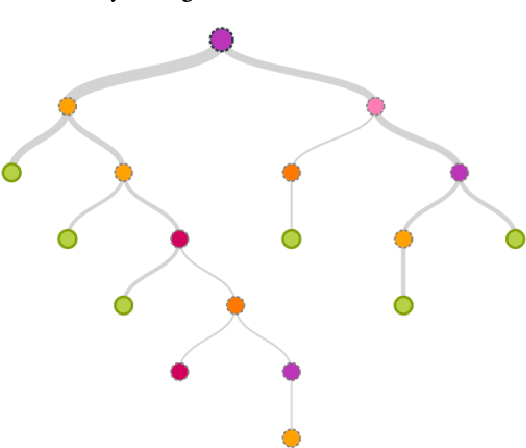
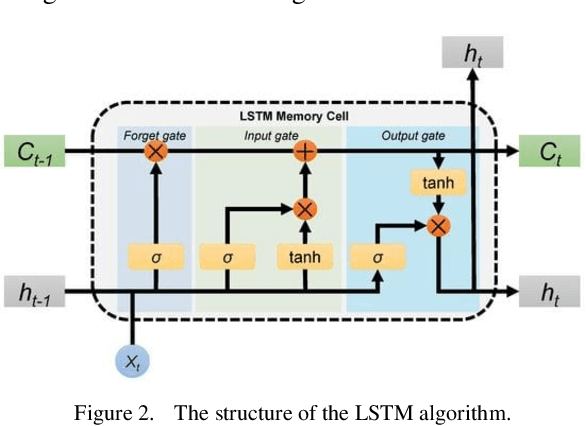
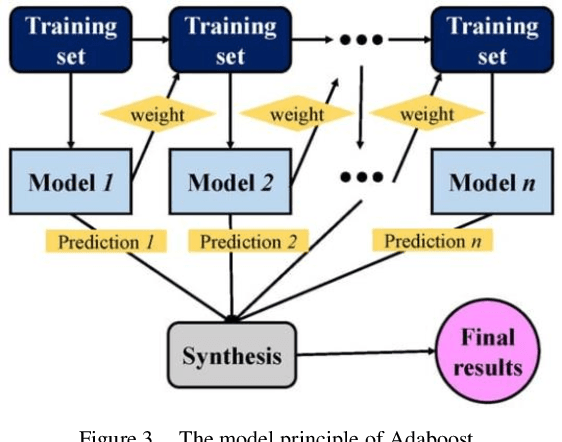
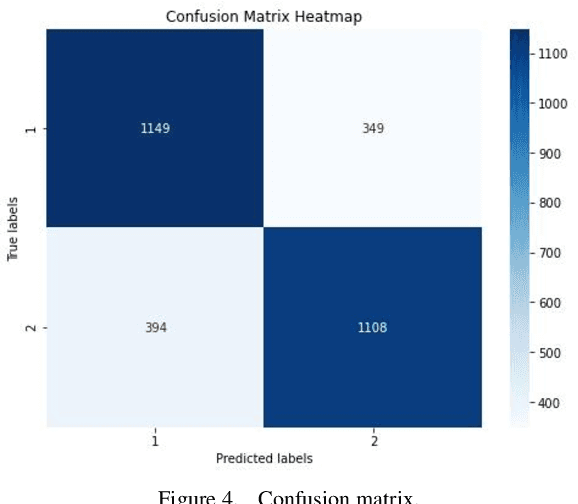
Abstract:This paper explores an improved Adaboost algorithm based on Long Short-Term Memory Networks (LSTMs), which aims to improve the prediction accuracy of user clicks on web page advertisements. By comparing it with several common machine learning algorithms, the paper analyses the advantages of the new model in ad click prediction. It is shown that the improved algorithm proposed in this paper performs well in user ad click prediction with an accuracy of 92%, which is an improvement of 13.6% compared to the highest of 78.4% among the other three base models. This significant improvement indicates that the algorithm is more capable of capturing user behavioural characteristics and time series patterns. In addition, this paper evaluates the model's performance on other performance metrics, including accuracy, recall, and F1 score. The results show that the improved Adaboost algorithm based on LSTM is significantly ahead of the traditional model in all these metrics, which further validates its effectiveness and superiority. Especially when facing complex and dynamically changing user behaviours, the model is able to better adapt and make accurate predictions. In order to ensure the practicality and reliability of the model, this study also focuses on the accuracy difference between the training set and the test set. After validation, the accuracy of the proposed model on these two datasets only differs by 1.7%, which is a small difference indicating that the model has good generalisation ability and can be effectively applied to real-world scenarios.
Regression prediction algorithm for energy consumption regression in cloud computing based on horned lizard algorithm optimised convolutional neural network-bidirectional gated recurrent unit
Jul 26, 2024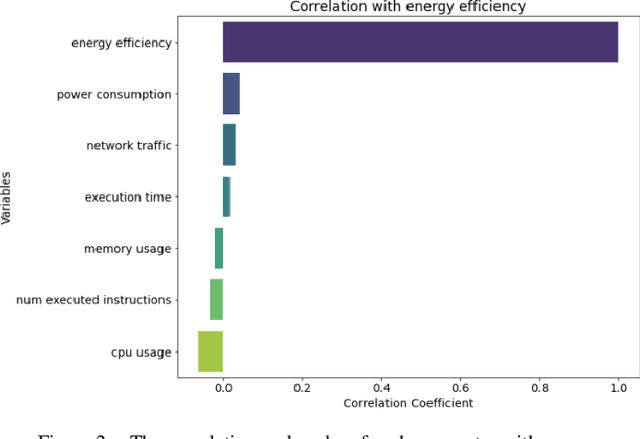
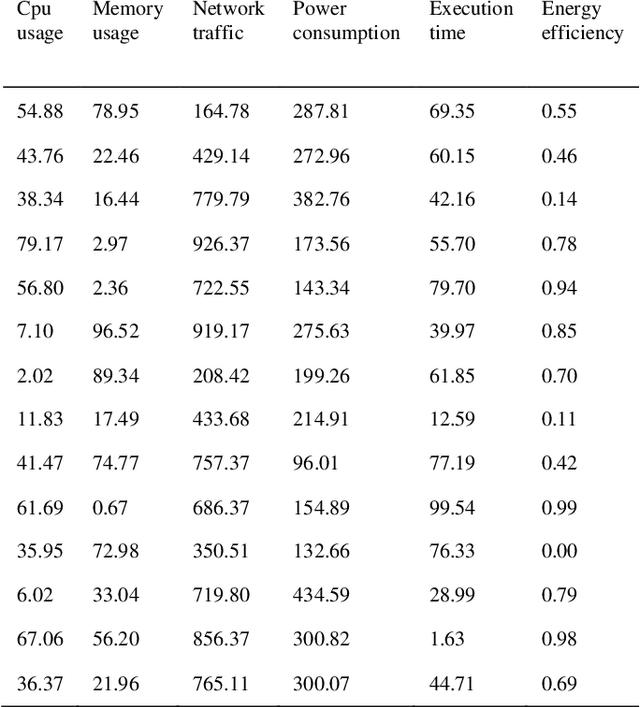
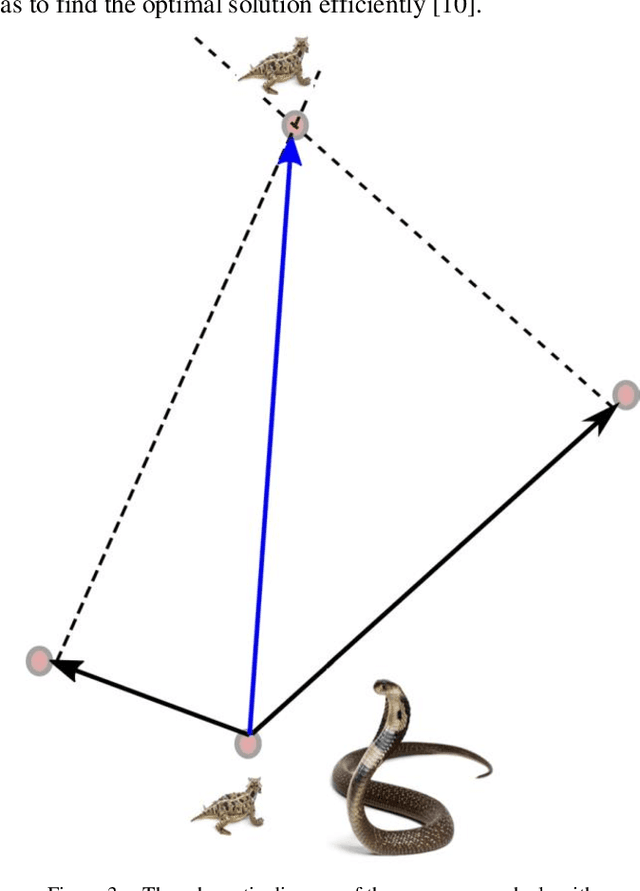
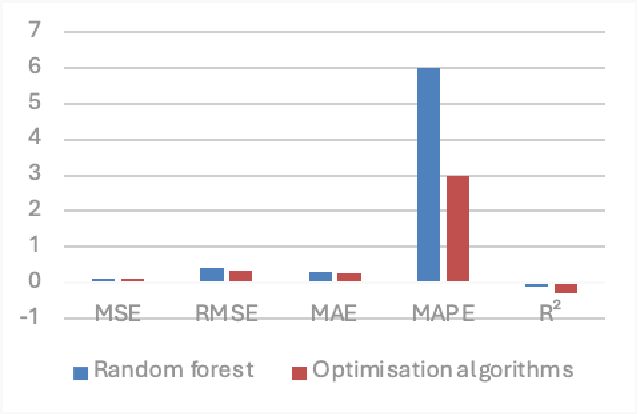
Abstract:For this paper, a prediction study of cloud computing energy consumption was conducted by optimising the data regression algorithm based on the horned lizard optimisation algorithm for Convolutional Neural Networks-Bi-Directional Gated Recurrent Units. Firstly, through Spearman correlation analysis of CPU, usage, memory usage, network traffic, power consumption, number of instructions executed, execution time and energy efficiency, we found that power consumption has the highest degree of positive correlation with energy efficiency, while CPU usage has the highest degree of negative correlation with energy efficiency. In our experiments, we introduced a random forest model and an optimisation model based on the horned lizard optimisation algorithm for testing, and the results show that the optimisation algorithm has better prediction results compared to the random forest model. Specifically, the mean square error (MSE) of the optimisation algorithm is 0.01 smaller than that of the random forest model, and the mean absolute error (MAE) is 0.01 smaller than that of the random forest.3 The results of the combined metrics show that the optimisation algorithm performs more accurately and reliably in predicting energy efficiency. This research result provides new ideas and methods to improve the energy efficiency of cloud computing systems. This research not only expands the scope of application in the field of cloud computing, but also provides a strong support for improving the energy use efficiency of the system.
 Add to Chrome
Add to Chrome Add to Firefox
Add to Firefox Add to Edge
Add to Edge